The Vercel-LaLiga Dispute: Examining The Legality And Ethics Of Internet Censorship For Piracy
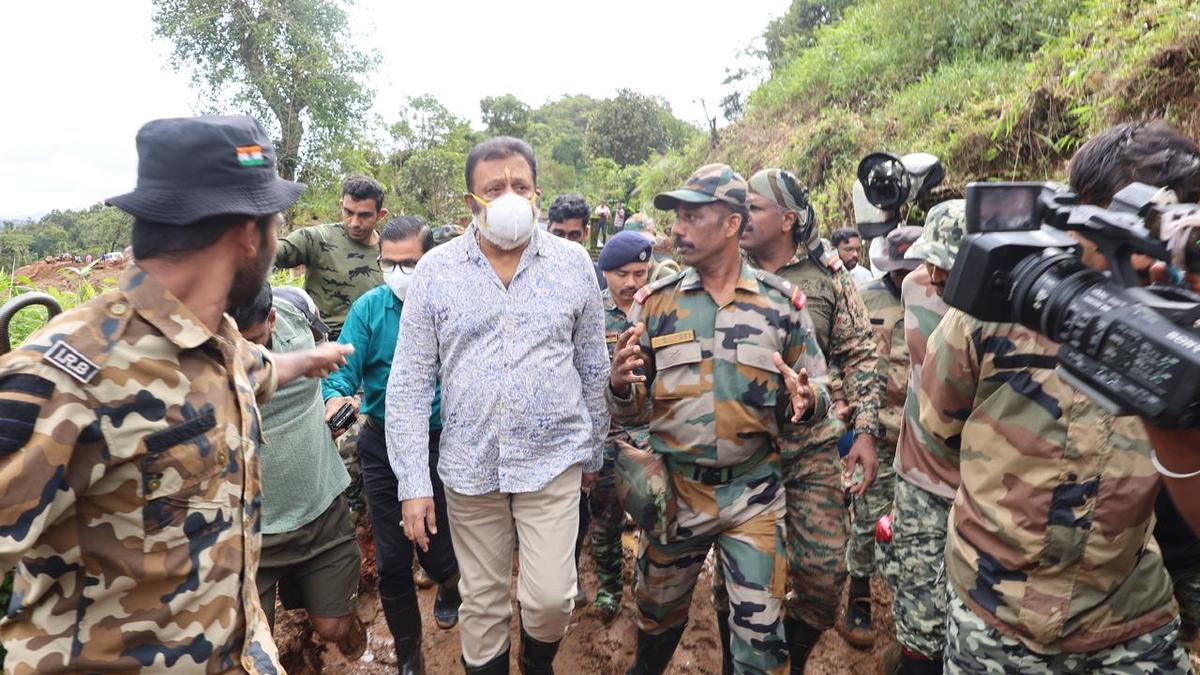
Table of Contents
LaLiga's Case for Censorship
LaLiga argues that widespread piracy of its football matches causes significant financial losses, threatening the viability of the entire football industry.
Copyright Infringement and Financial Losses
LaLiga claims substantial financial losses due to the illegal streaming and distribution of its copyrighted content. This piracy impacts not only LaLiga directly but also its clubs, sponsors, and broadcasters.
- Examples of pirated content: Illegal streams of live matches, unauthorized uploads of highlights and full games to platforms like YouTube and torrent websites.
- Statistics on piracy prevalence: Studies consistently show a high rate of piracy for live sporting events, with millions accessing unauthorized streams globally. This translates into significant lost revenue for rights holders.
- Economic consequences: The loss of revenue from piracy directly affects investment in player development, stadium infrastructure, and other crucial aspects of the football industry.
LaLiga maintains a legal right to protect its copyrighted material under international and national copyright laws, arguing that piracy undermines this right.
The Effectiveness of Legal Action Alone
LaLiga acknowledges that traditional legal action alone is insufficient to combat the scale of online piracy.
- Challenges in identifying and pursuing infringers: Locating and legally pursuing individual pirates across borders is incredibly difficult and expensive.
- Cost and time involved in legal processes: Legal action is a lengthy and resource-intensive process, often yielding limited results against large-scale piracy operations.
- Limitations of geographical jurisdiction: Many infringers operate from countries with less stringent copyright enforcement, hindering legal action.
Therefore, LaLiga argues that supplementary measures, such as censorship, are necessary to bolster copyright protection and deter piracy.
Vercel's Position Against Censorship
Vercel, committed to upholding the principles of an open internet and free speech, strongly resisted LaLiga's demands for censorship.
Principles of Free Speech and Open Internet
Vercel argues that implementing widespread censorship carries significant risks to fundamental internet freedoms.
- Potential chilling effects on legitimate online activity: Broad censorship measures can inadvertently suppress legitimate online expression and access to information.
- Concerns about censorship abuse: The potential for abuse and misuse of censorship mechanisms is a major concern, potentially leading to censorship of non-infringing content.
- Role of Vercel as a platform provider: Vercel views its role as providing a platform for diverse content, and direct involvement in censorship goes against its core principles.
The Technical Challenges and Responsibilities of Platform Providers
Vercel highlights the technical and logistical challenges of implementing large-scale censorship effectively.
- Difficulties in identifying and blocking infringing content without impacting legitimate users: Accurately identifying pirated content without inadvertently blocking legitimate use is extremely difficult.
- Potential for false positives: Censorship mechanisms are prone to errors, leading to the blocking of legitimate content, a phenomenon known as "overblocking."
- Burden on platform providers: Implementing and maintaining censorship infrastructure requires substantial resources and expertise, placing an undue burden on platform providers.
The Legal Framework and Precedents
The legal landscape surrounding online piracy and censorship is complex, involving both international and national laws.
International Copyright Law and Digital Millennium Copyright Act (DMCA)
International copyright law grants creators exclusive rights to control the use of their works. In the US, the DMCA provides a framework for addressing copyright infringement online.
- Explanation of DMCA takedown notices: The DMCA allows copyright holders to issue takedown notices to online platforms hosting infringing content.
- Safe harbor provisions: The DMCA provides safe harbor protections for online platforms that comply with certain requirements regarding copyright infringement.
- Legal gray areas in dealing with online piracy: The DMCA and international copyright law leave certain gray areas regarding the responsibilities of online platforms in dealing with piracy.
Case Law and Legal Precedents
Numerous legal cases have addressed the intersection of online censorship and copyright infringement, leading to varying interpretations of legal responsibilities.
- Examples of successful and unsuccessful legal challenges to online censorship: Some courts have upheld censorship measures while others have struck them down, depending on the specific circumstances.
- Highlighting the differing interpretations of copyright laws and platform responsibilities: Legal precedents reveal varying interpretations of the scope of copyright protection and the responsibilities of online platforms in combating piracy.
Ethical Considerations
The Vercel-LaLiga dispute raises profound ethical questions about balancing intellectual property rights with the principles of internet freedom.
The Balance Between Protecting Intellectual Property and Maintaining Internet Freedom
The core ethical dilemma lies in finding a balance between protecting the rights of copyright holders and ensuring open access to information and freedom of expression online.
- Potential biases in censorship: Censorship mechanisms can be biased, potentially disproportionately affecting certain groups or viewpoints.
- Risk of overreach: Censorship measures can easily lead to overreach, suppressing legitimate content and limiting freedom of expression.
- Importance of due process and transparency: Any censorship measures should adhere to principles of due process and transparency to mitigate potential abuses.
The Role of Technology Companies in Content Moderation
Technology companies face increasing pressure to moderate content and address illegal activities, including piracy.
- Potential for self-regulation and industry standards: Industry-wide standards and self-regulation could provide a more balanced and effective approach to dealing with copyright infringement.
Conclusion
The Vercel-LaLiga dispute highlights the intricate and ongoing tension between protecting copyright and preserving internet freedom. The use of internet censorship as a tool to combat piracy presents significant legal and ethical challenges. The lack of a clear-cut solution underscores the need for careful consideration of legal frameworks, ethical implications, and the role of technology companies in navigating this complex landscape. The Vercel-LaLiga dispute serves as a crucial case study, prompting further discussion and research into the long-term consequences of different approaches to online copyright infringement. We encourage you to delve deeper into the relevant legislation and case studies to better understand the complexities surrounding the Vercel-LaLiga dispute and the broader issues of internet censorship and piracy.

Featured Posts
-
 Kid Cudi Memorabilia Fetches High Price At Auction
May 16, 2025
Kid Cudi Memorabilia Fetches High Price At Auction
May 16, 2025 -
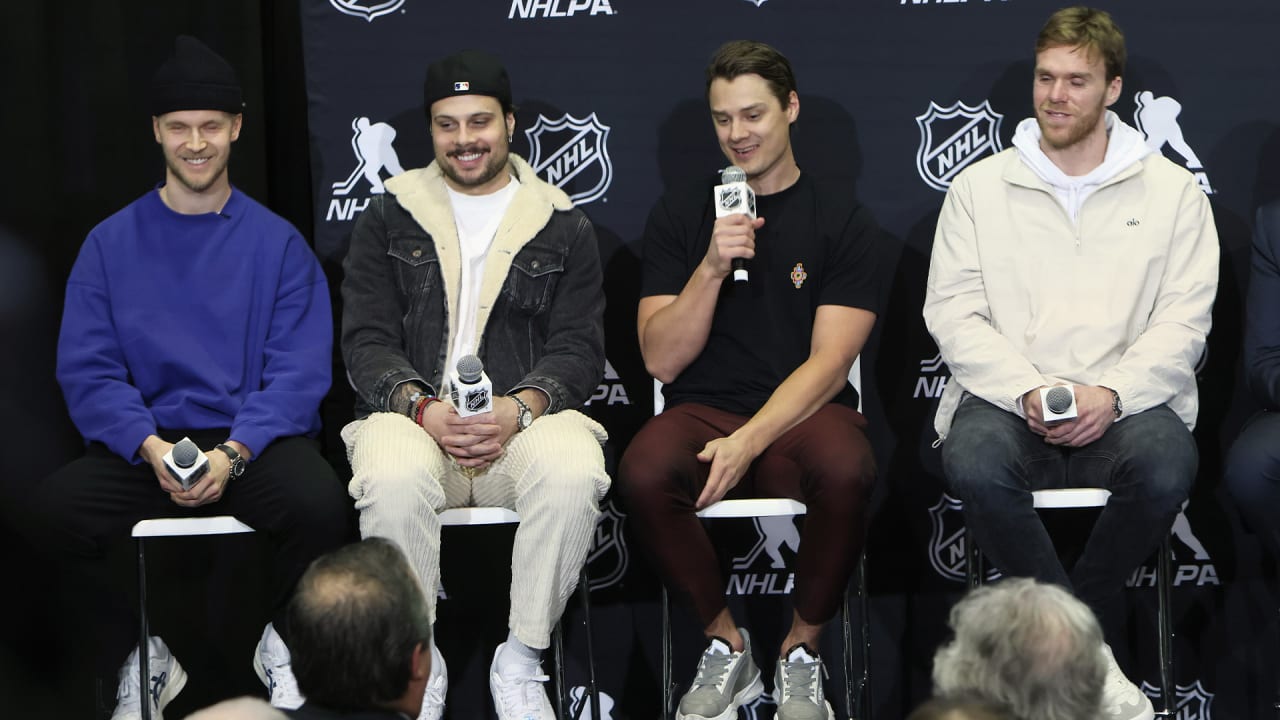 Pei Legislature Debates 500 000 Bill For Nhl 4 Nations Face Off
May 16, 2025
Pei Legislature Debates 500 000 Bill For Nhl 4 Nations Face Off
May 16, 2025 -
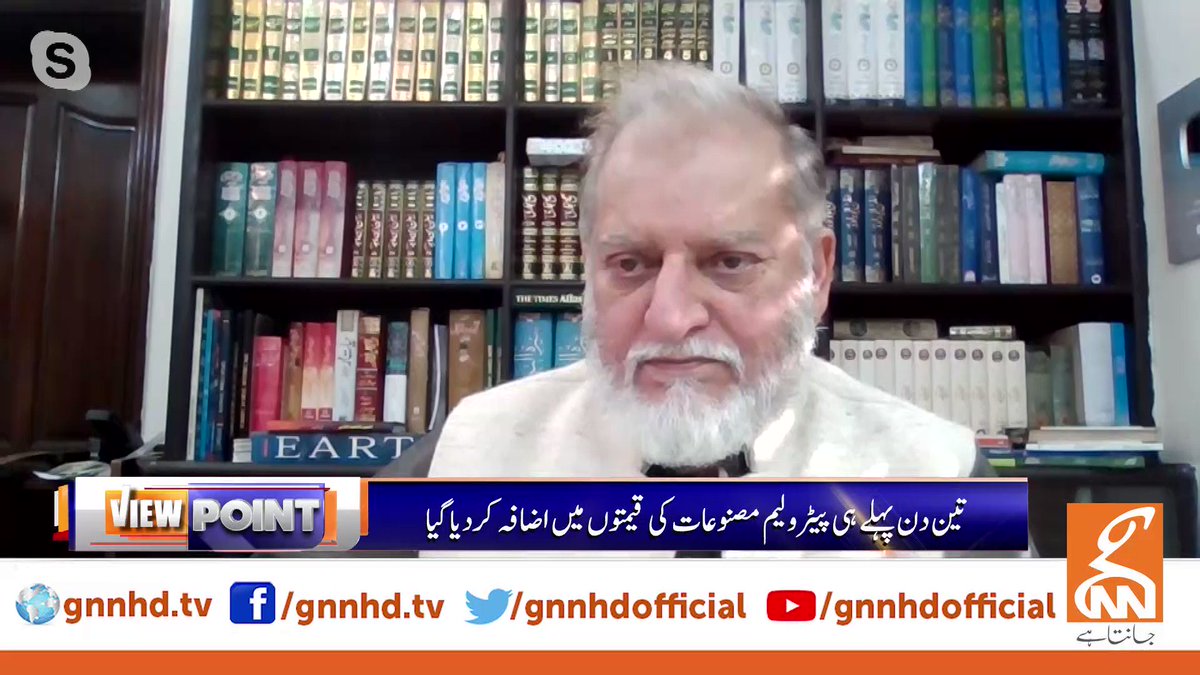 Tam Krwz Awr Ayk Mdah Ka Dlchsp Waqeh Jwtwn Pr Pawn Rkhne Ka Ntyjh
May 16, 2025
Tam Krwz Awr Ayk Mdah Ka Dlchsp Waqeh Jwtwn Pr Pawn Rkhne Ka Ntyjh
May 16, 2025 -
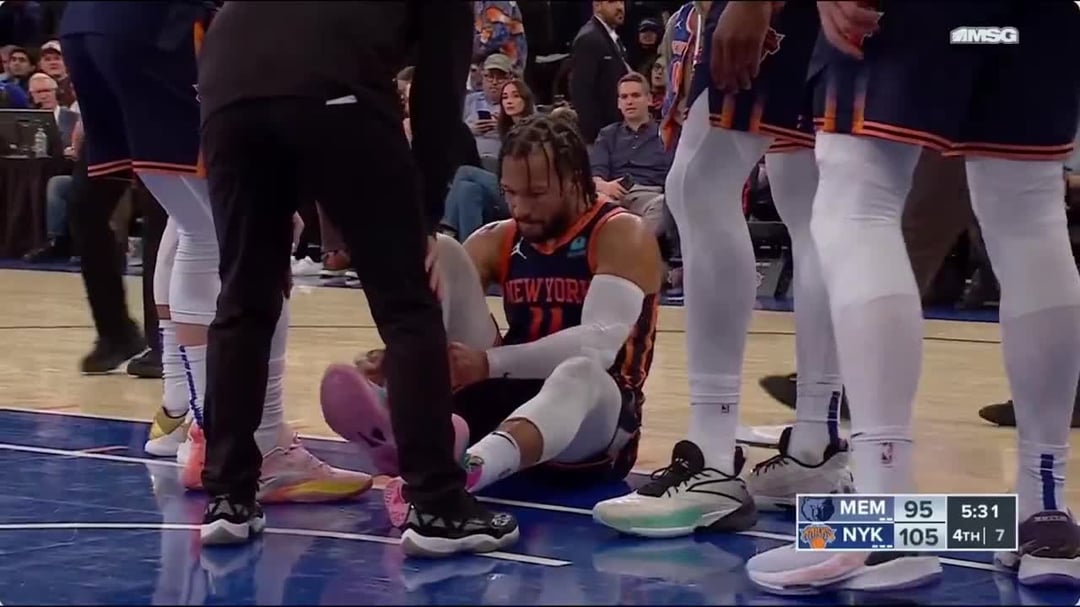 One Month Later Jalen Brunsons Ankle Injury And Sundays Game
May 16, 2025
One Month Later Jalen Brunsons Ankle Injury And Sundays Game
May 16, 2025 -
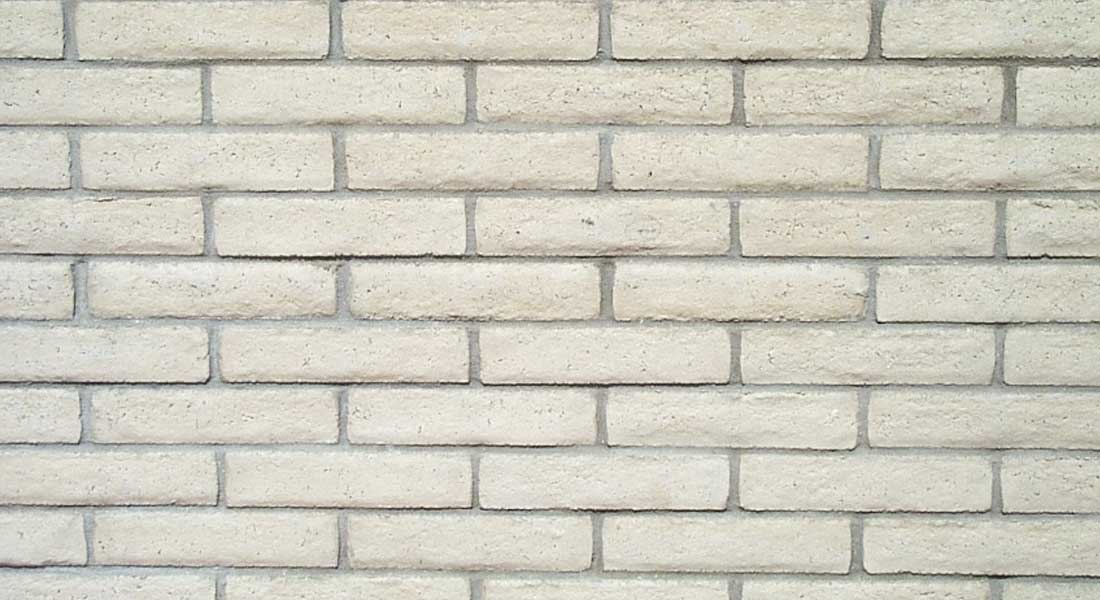 Muncy Breaks Long Slump First Home Run Of 2025
May 16, 2025
Muncy Breaks Long Slump First Home Run Of 2025
May 16, 2025
